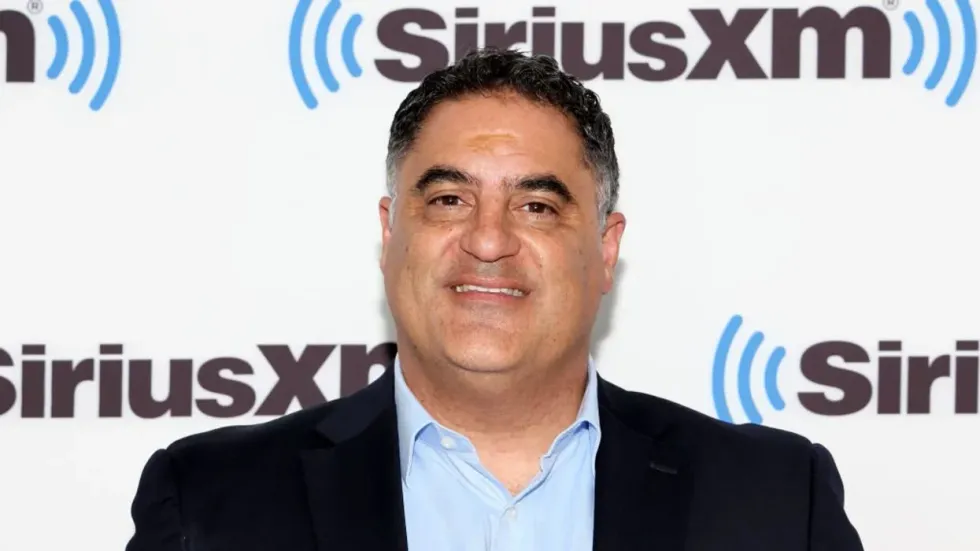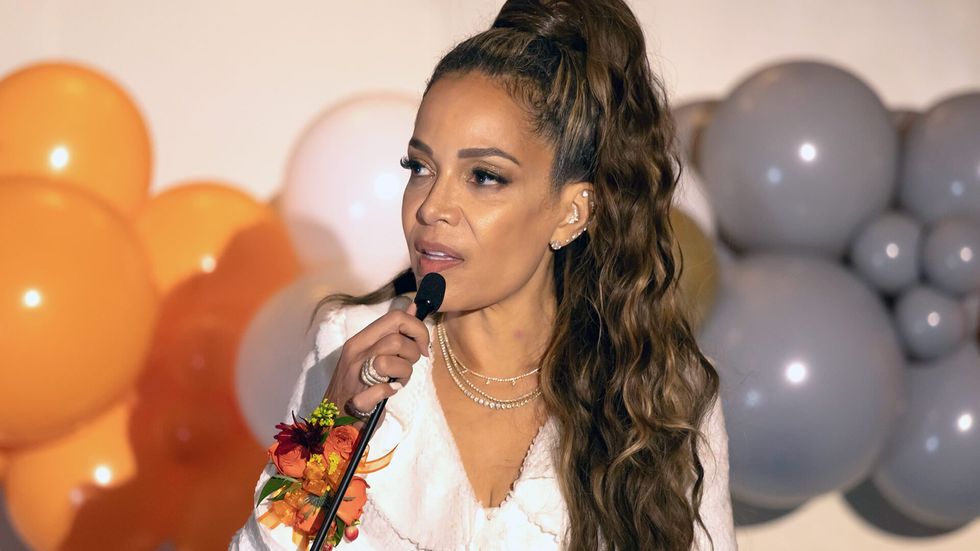CDC launching agency-wide strategy on ‘health equity’ for LGBT, minorities
Will take into consideration health disparities among different races, genders, sexual orientations


![]()

The Centers for Disease Control and Prevention (CDC) announced Thursday that it will reorganize its Office of Health Equity (OHE) in a way that emphasizes serving racial minorities, foreigners and members of the LGBT community.
OHE, under the CDC’s new organizational rules, “coordinates programs, practices, policies and budget decisions” in a way that takes into consideration health disparities among different races, genders and sexual orientations, according to an announcement posted to the Federal Register. Another arm of the CDC, the Office of Minority Health (OMH), will work with OHE to improve the health of racial and ethnic minority populations by helping to develop agency-wide guidance documents under the reorganization.
The organizational shifts represent “a realignment of work functions” but “no change in scope or priority,” a CDC spokesperson told the Daily Caller News Foundation.
Under the newly reorganized CDC, OHE’s director is expected to perform duties aimed at closing disparities in health outcomes between different groups. Among them, the director is responsible for “leading and coordinating the planning and implementation of an agency-wide strategy” for addressing the health disparities experienced by LGBTQ+ people, the disabled and those living in rural communities.
It is unclear what this “agency-wide strategy” would entail and how it may impact the way the CDC serves the broader nation.
OHE’s director is also expected to develop training materials aimed at helping professionals better care for “disproportionately affected communities,” like minorities or foreign-born individuals, during emergencies. To accomplish this, the director is told to seek out people “who can assist in a culturally responsive and linguistically appropriate manner” and engage with “community leaders” during an emergency response.
OMH will assist OHE in its mission by providing it with “subject matter expertise” on the health of racial and ethnic minorities under the reorganization.
The new mission statements for OMH and OHE contain multiple requirements that the offices apply an “intersectionality lens” when conducting their work.
“Intersectionality” is a term popular among liberal activists that refers to how holding multiple purportedly marginalized identities can have compounding negative effects on one’s life. A black woman, for instance, may face obstacles as a result of both her race and sex.
“Long-standing systemic social and health inequities, including some that have been introduced or exacerbated by federal, state, and local policies, have put some population groups at increased risk of getting sick, having overall poor health, and having worse outcomes when they do get sick,” according to a CDC webpage defining what a “health equity lens” is. “Individuals belong to more than one group and, therefore, may have overlapping health and social inequities.”
The CDC has increased its focus on addressing so-called “inequities” under the Biden-Harris administration. The agency, for instance, recommended addressing racism as a preferred way to counter community violence in a draft copy of a health plan accidentally emailed to the DCNF.
“Racism, economic injustices, and other systemic inequities contribute to the current and persistent increased risk of violence experienced by some communities,” the CDC wrote as a response to anticipated criticism of its plan.
Content created by The Daily Caller News Foundation is available without charge to any eligible news publisher that can provide a large audience. For licensing opportunities of our original content, please contact [email protected].
SUPPORT TRUTHFUL JOURNALISM. MAKE A DONATION TO THE NONPROFIT WND NEWS CENTER. THANK YOU!
Originally Published at Daily Wire, World Net Daily, or The Blaze
What's Your Reaction?
































































































